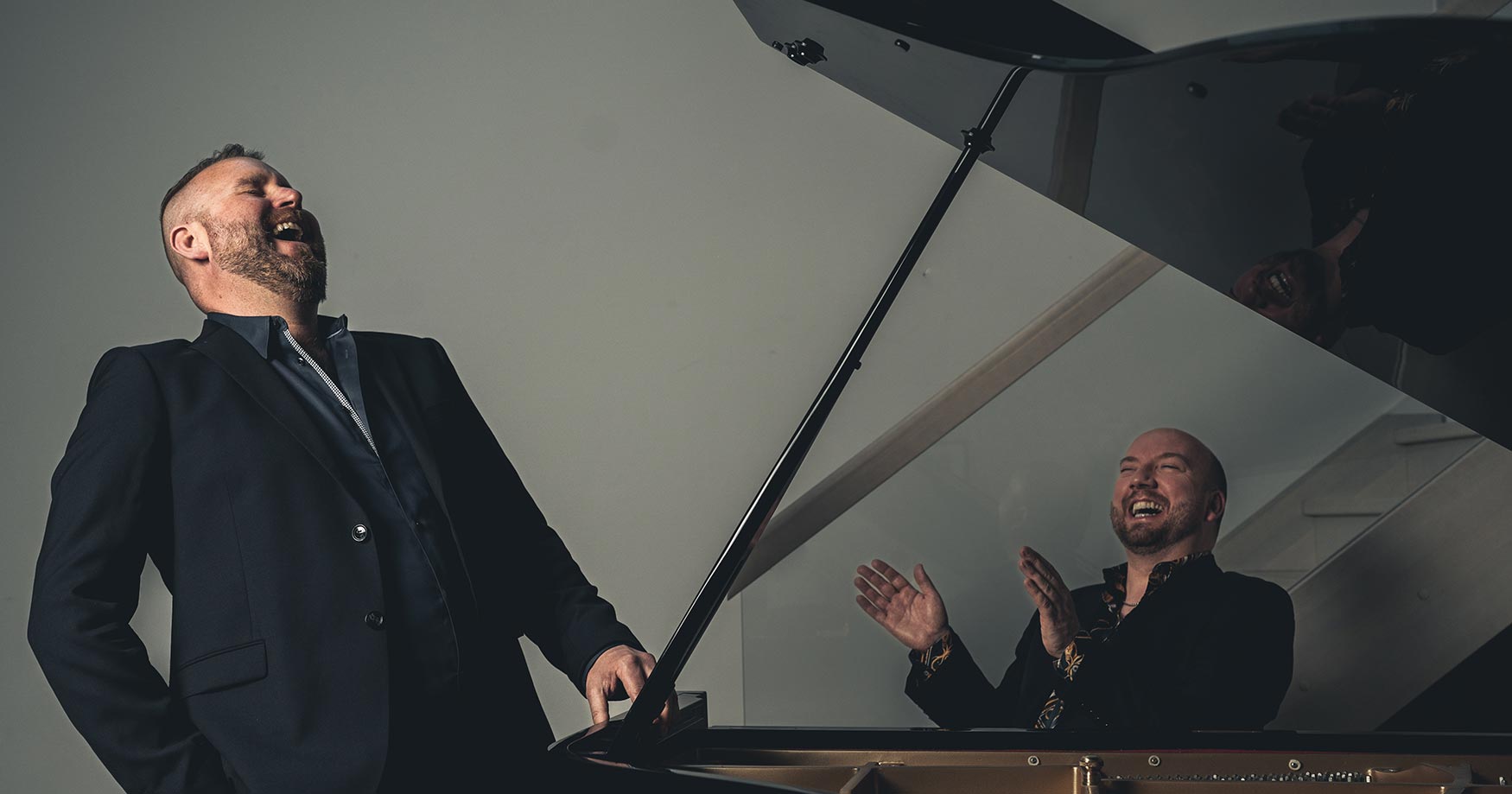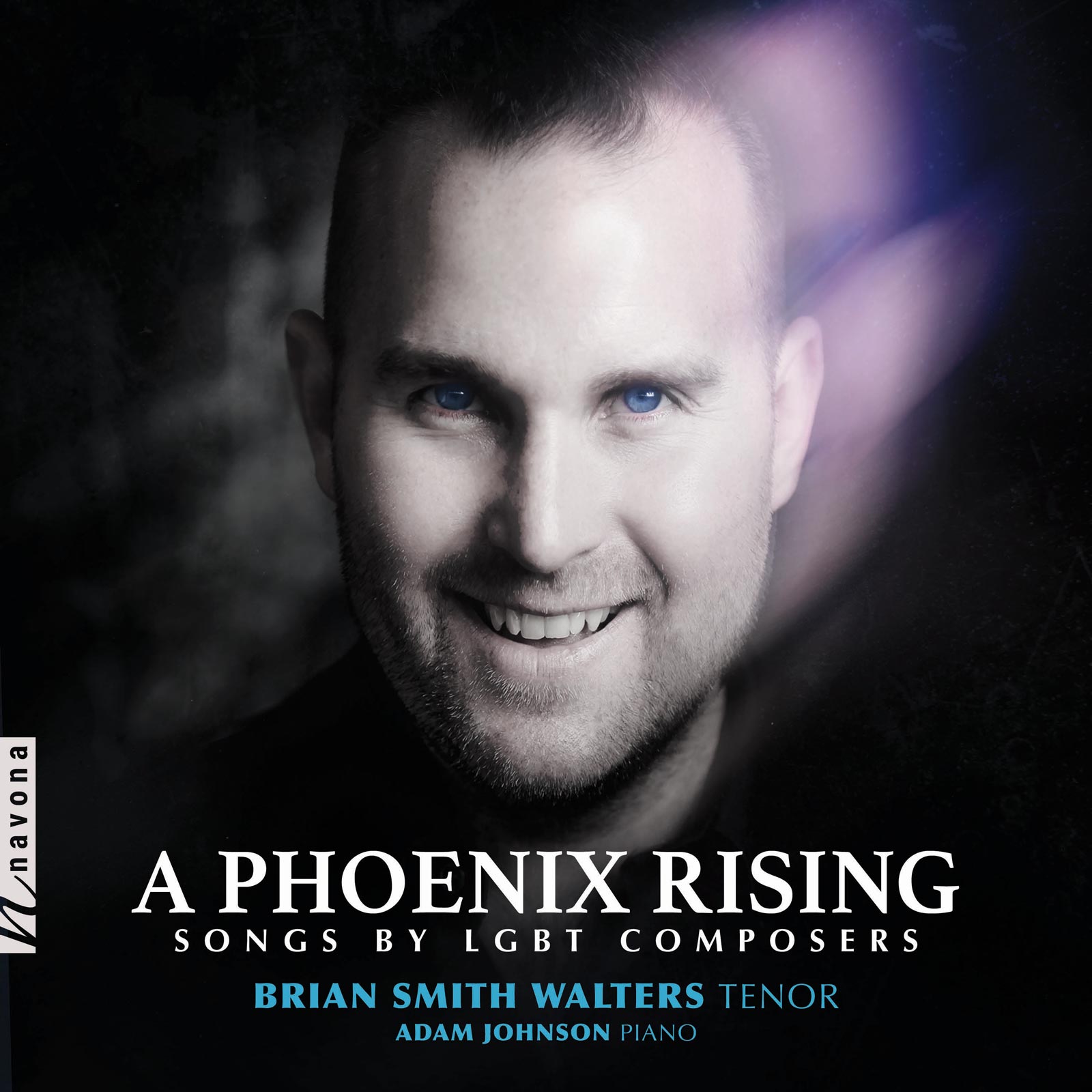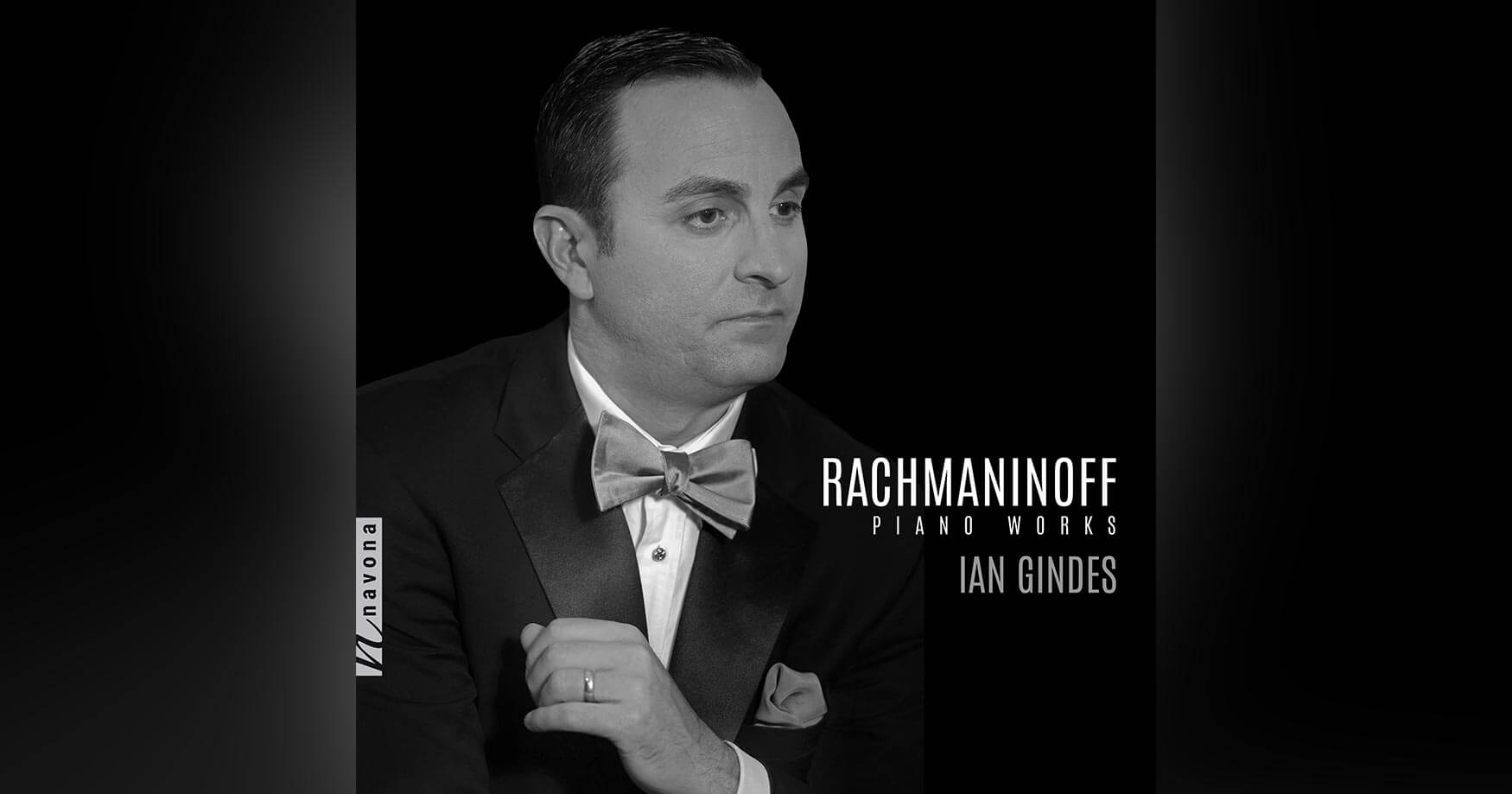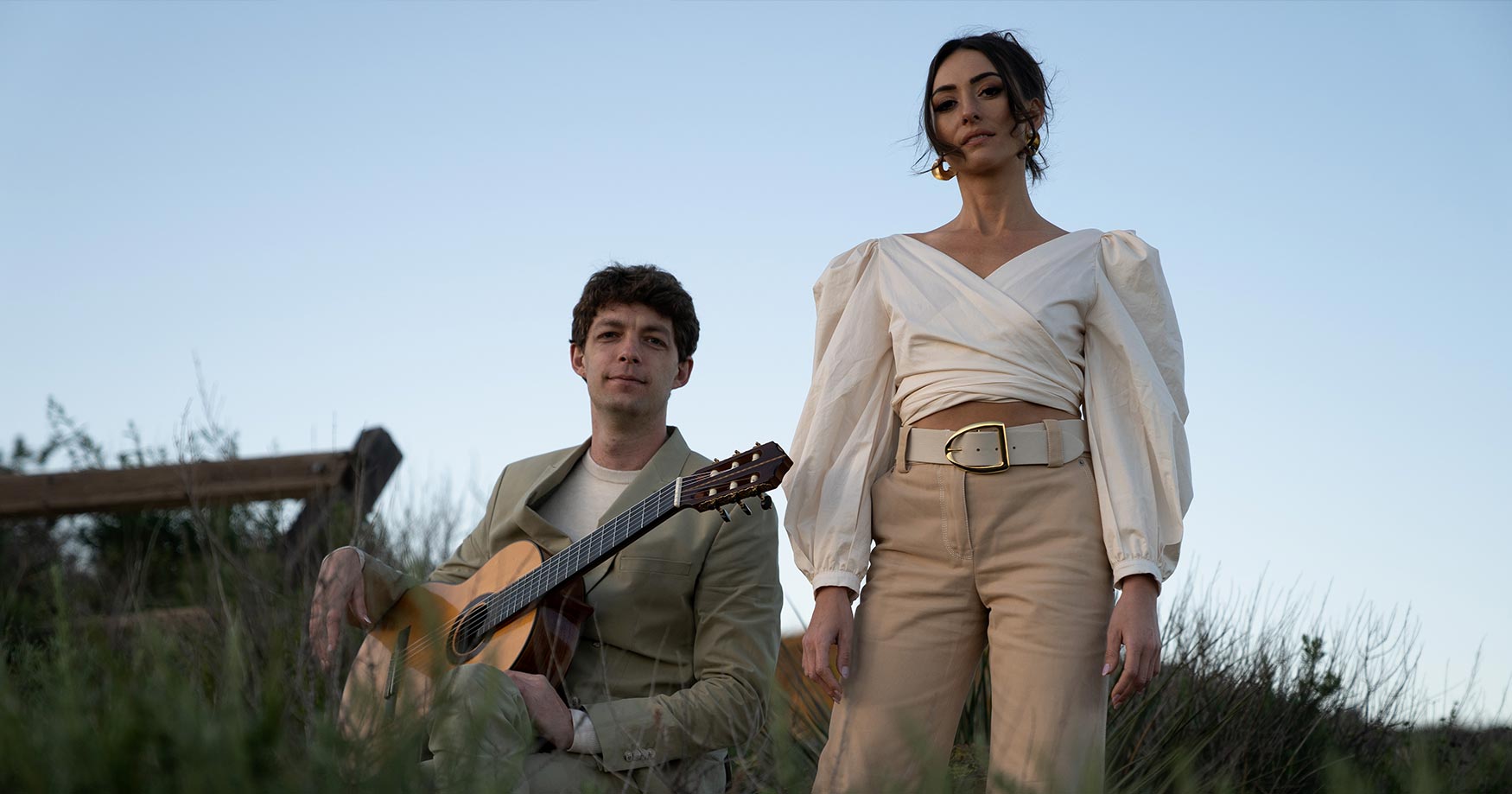It doesn’t matter whether he sings Purcell or Copland, Schubert or Saint Saens, Tchaikovsky or Barber, Wagner or Szymanowski – the energetic grip Brian Smith Walters has on every single piece is awe-inducing, every rendition buzzing with vibrance and profundity. Accompanied on his Navona Records debut by only the piano, there is only one word to describe the tenor and A PHOENIX RISING: intense.
Today, Brian is our featured artist in “The Inside Story,” a blog series exploring the inner workings and personalities of our composers and performers. Read on to learn about the passions he has for traveling and his two dogs, and the famous Star Wars mantra that he applies to daily life…
What were your first musical experiences?
My first musical experiences were in church. I was brought up as a Latter-Day Saint (Mormon), and the Mormon church is a very musical church. I learned about harmony, rhythm, and even conducting at a very early age in the church; I also had my early piano and organ lessons from church members. One of the big things that gives a lot of Mormon kids the chance to perform is the special musical numbers in the main Sunday meeting, and I remember doing all my first solos as a kid in front of the congregation as a little one. I probably sang a handful a year until my voice broke, and then after I got back into singing later in my teens, I probably sang once a month.
How do you prepare for a performance?
I think preparation is everything in performing. When I’m coming up to a performance, I try to be hugely disciplined in most portions of my life: exercise, diet, when and how much I practice, etc. One of the biggest portions in that preparation is the “how” portion of my practicing. It’s easy to be caught up in the technical exactitude when we are preparing, but the musical, the emotional, and the dramatic sides are just as much, if not more, important to any performance. So, I make sure that I engage both portions of my performing personality (IE the technical and the musical) when getting ready for a performance. If I can convince myself in the practice room that I’m living the character and telling their story, I’m sure that the audience will see this, too, when I perform.
What are your other passions besides music?
My two big non-musical passions are my dogs and traveling. My husband and I have two wonderful French bulldogs who are the centre of our home and our lives. They are five years apart and have enormous and very different personalities. They are hilarious, cheeky, and sweet little boys.
I’ve been very lucky in my life to visit all the inhabited continents and to about a third of the countries of the world. A few years ago, by absolute happenstance, we realized that we had seen a few of the Modern Seven Wonders of the World, and so we made it our challenge to go to all seven. We collected the set the Eastertime before the pandemic broke, seeing Petra as the final one, and since, we’ve just been enjoying seeing new countries or new portions of countries rather than an organized challenge. That said, it was fun to have a focus on our travels over those years!
What’s the greatest performance you’ve ever seen, and what made it special?
I did my undergrad degree in California, just east of the bay area, meaning that I was able to head in the city quite a lot. One particular performance that will always stay with me from those years was seeing the San Francisco Symphony perform on the Friday after the September 11th attacks. On the bill was Mahler’s 6th Symphony, “The Tragic.” The audience was super sparse that night, but those of us who made the journey in during those tense few days following the attacks had an almost religious experience. Like most special performances, I don’t necessarily remember a heap of details of how the orchestra played, but what I do remember is how it made me feel.
What musical mentor had the greatest impact on your artistic journey? Is there any wisdom they’ve imparted onto you that still resonates today?
My high school band director was a towering figure in my teens. He was a big guy with a huge laugh, some kooky and fun sayings he would often spout, and a nickname by which the whole school (and perhaps school district) knew him — Magoo. One of Magoo’s favorite sayings that has turned into one of my favorites, too, wasn’t his own, though. It was actually from Star Wars. It is the famous quote from Yoda: “do or do not; there is no try.”
There are two reasons why I love this quote. The first is how liberating of an idea it is. It’s not to say that as humans we don’t try all the time. Of course, we do. But, the liberation comes in the fact that when you do the thing (whatever it is), you are constantly coming closer to mastering the thing. It’s like a license to oneself to say, I’m doing my best, I’m practicing my craft, I’m doing it even if I’m not perfect. Or more commercially speaking, it’s like the Nike “Just do it” idea. I love it. As musicians, it seems our work is never done – there’s always more music to learn, better ways to interpret, better ways to perform, etc – and to have the license of being ok with being in the doing phase of life, that’s gold.
The second reason why I love the quote so much is very simple – nostalgia. As a somewhat awkward 14 year-old in marching band, it was great having a mentor who taught discipline, fun, joy, and the desire to strive for better, all the while being ok with the journey. I only hope that those who I get the chance to mentor learn such wisdom from me during my years as a musician.
Explore Brian Smith Walters’ Latest Release
A PHOENIX RISING
A PHOENIX RISING is available now from Navona Records. Click here to visit the catalog page and explore this album.
The views and opinions expressed in this post are those of the artist and do not necessarily represent or reflect the views and opinions held by PARMA Recordings LLC and its label imprints, subsidiaries, and affiliates.




